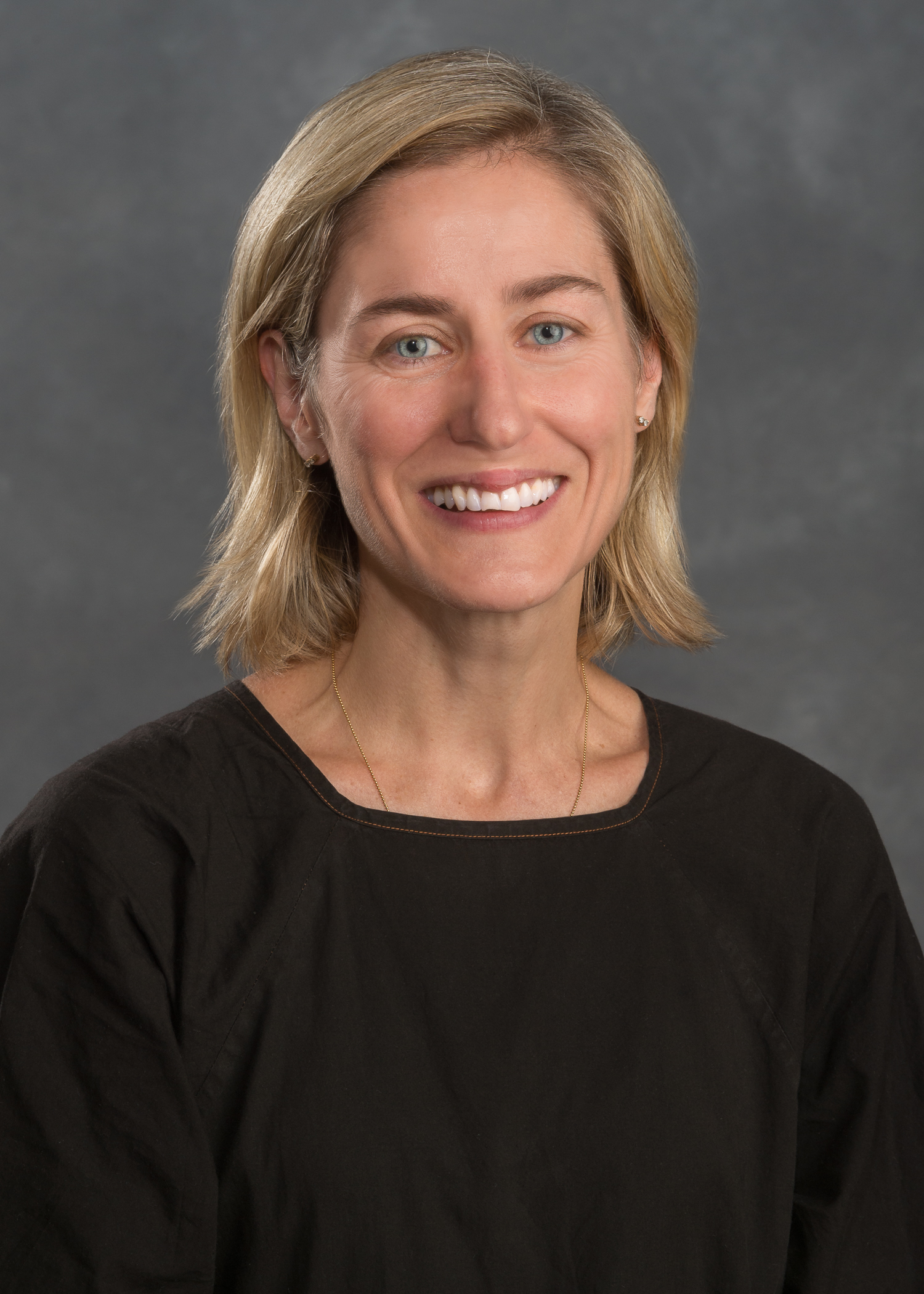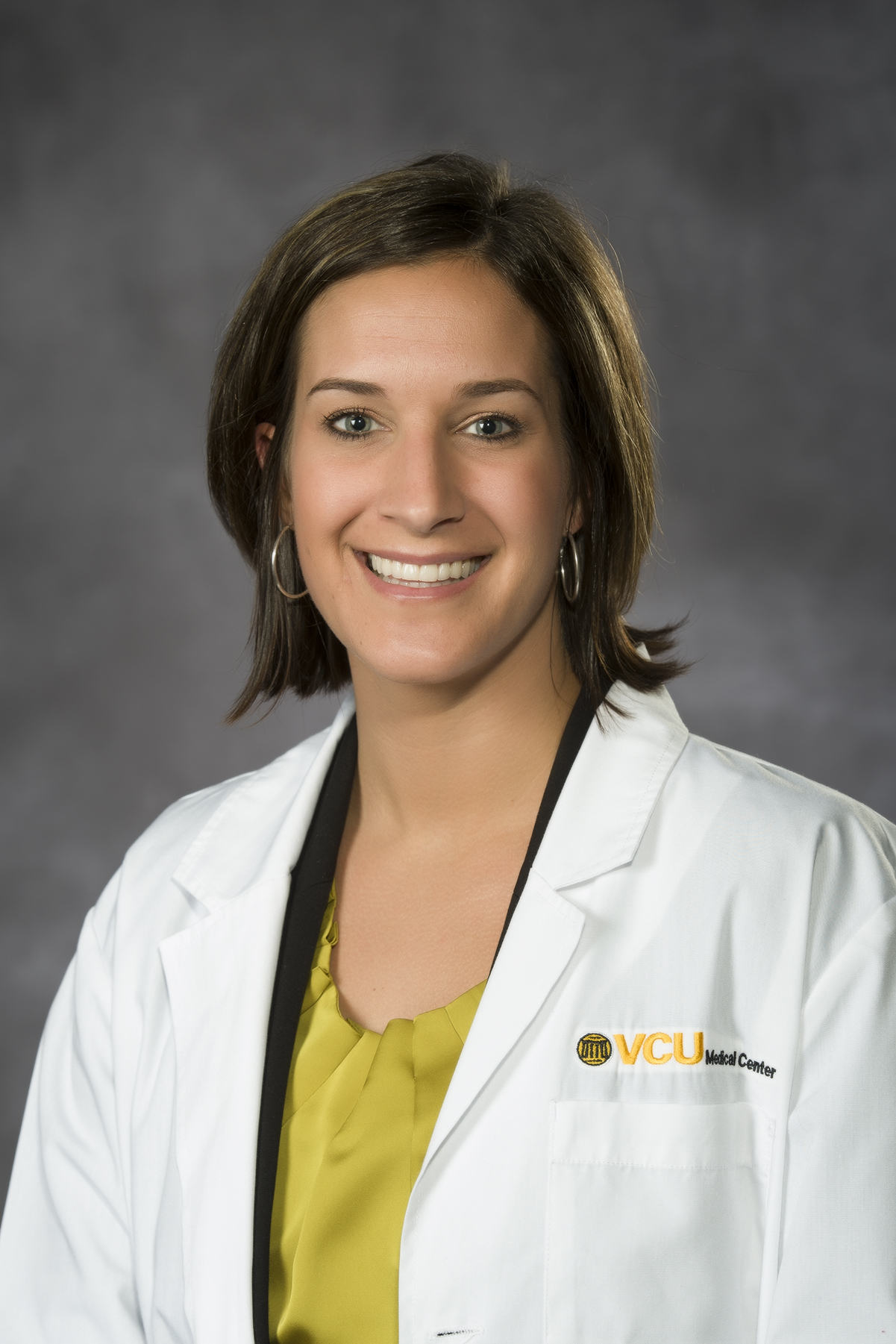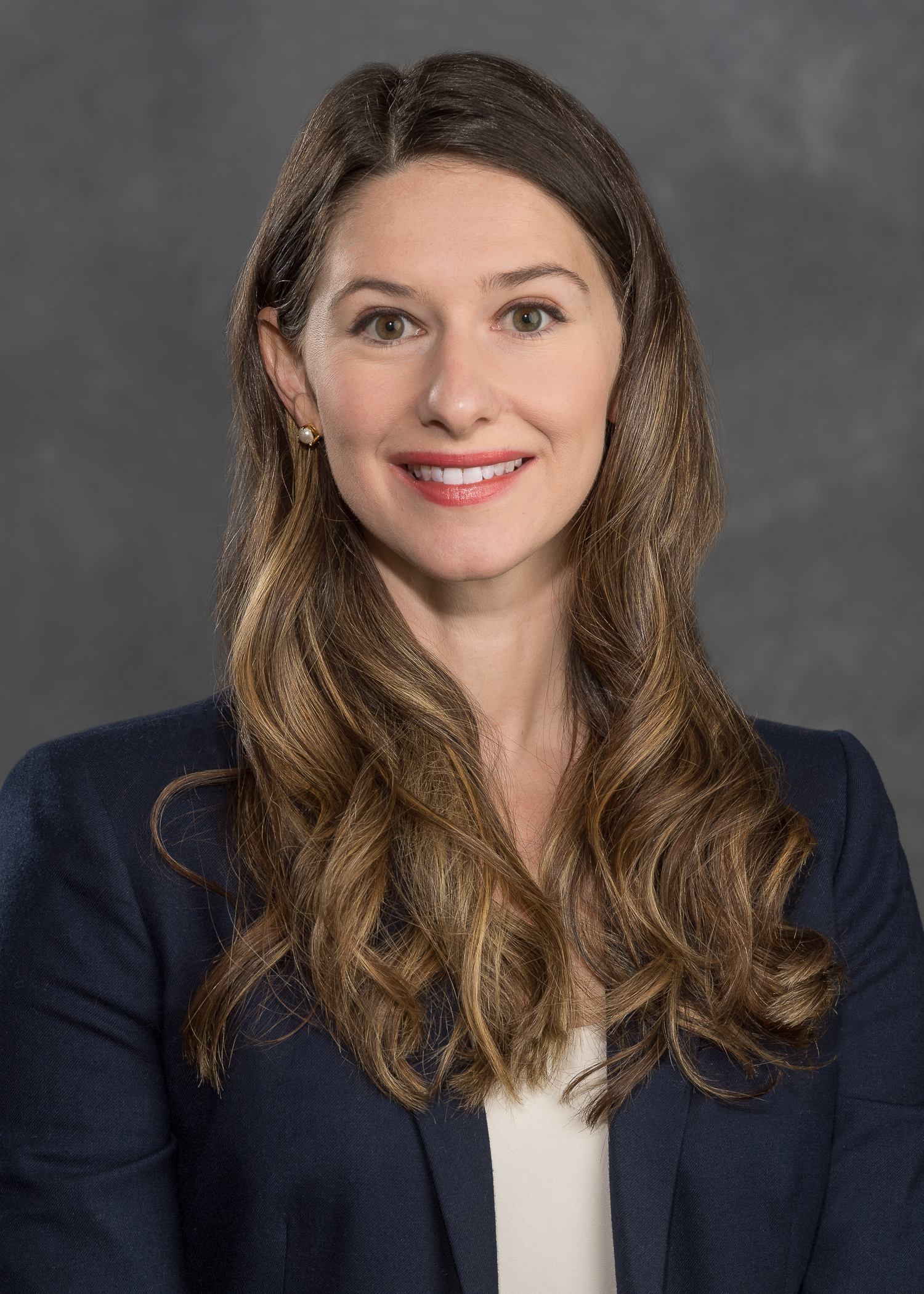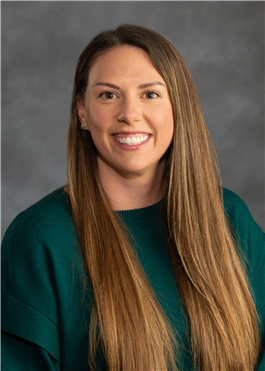Overview
Welcome to the Division of Neuro-Oncology...
The Division of Neuro-Oncology is dedicated to patient care, research and education encompassing the entire spectrum of nervous system tumors. A multidisciplinary approach to care is practiced and our team includes Neuro-oncology, Medical Oncology, Radiation Oncology, Neurosurgery, as well as Neuropsychology, Physical Therapy and Speech Pathology, and Social Work.
There is also an emphasis in research in the field involving an intersection of cancer biology, epidemiology, radiobiology, developmental therapeutics, clinical trials and palliative care, with the goal of improving patient outcomes and quality of life.
Clinical Care
Our division is a regionally recognized Neuro-oncology program providing humane and expert care in an interdisciplinary disease-based hub in the VCU Massey Comprehensive Cancer Center .
The chance a person will develop a malignant brain or spine tumor in their lifetime is 1%, and about 25,000 malignant brain or spinal cord tumors are diagnosed each year in the United States. These tumors can have a profound impact on a patient and their family, and specialized care with a Neuro-oncologist at a comprehensive cancer center provides important resources and treatment options that can improve outcomes and help maintain quality of life.
Our program includes providers with expertise in the field of Neuro-oncology and include dedicated Radiation Oncologists, Tumor Surgeons, and Neuro-psychologists that work in concert to treat patients and support their family. We also have strong relationships with our colleagues in Neurology and can provide expertise in symptom management. We provide a patient-centered approach to care that includes shared-decision making in treatment.
Research
Neuro-oncology faculty members are actively engaged in a broad spectrum of research. Clinical trials, particularly investigator-initiated studies, are a major priority, with a focus on translating discoveries from VCU labs to the patient bedside. We participate in industry sponsored studies, as well as National Cancer Institute (NCI) cooperative group studies sponsored by NRG Oncology, Alliance Cancer Specialists and ECOG-ACRIN Cancer Research Group.
We also have a focus on cancer complications research with a dedicated program to better address the neuropsychological impact of brain tumors and their treatment. The research conducted in the LiveNOW Lab, established by Dr. Ashlee Loughan, involves applied science, with the ultimate goal of directly improving the lives of those in brain cancer communities.
A full list of current clinical trials conducted by researchers in the division of Neuro-oncology is available here.
Faculty & Staff
Faculty and Staff within the Division of Neuro-Oncology

Mariza Daras, M.D.
William G. Reynolds Jr. Endowed Chair, Division of Neuro-Oncology Chief

Mariza Daras, M.D.
William G. Reynolds Jr. Endowed Chair, Division of Neuro-Oncology Chief
Neurology
Email: mariza.daras@vcuhealth.org

Ashlee Loughan, M.Ed., Ph.D.
Associate Professor

Ashlee Loughan, M.Ed., Ph.D.
Associate Professor
Department of Neurology
Divisions: Adult Neurology, Neuro-Oncology
Phone: (804) 828-7929
Email: ashlee.loughan@vcuhealth.org

Sarah Braun, PhD, LCP
Clinical Psychologist

Sarah Braun, PhD, LCP
Clinical Psychologist
Department of Neurology
Division of Neuro-Oncology
Phone: (804) 828-7929
Email: Sarah.Braun@vcuhealth.org

Lauren Pintavalle Story, MS, APRN, FNP-C
Nurse Practitioner

Lauren Pintavalle Story, MS, APRN, FNP-C
Nurse Practitioner
Department of Neurology
Divisions: Adult Neurology, Neuro-Oncology
Phone: (804) 828-7929